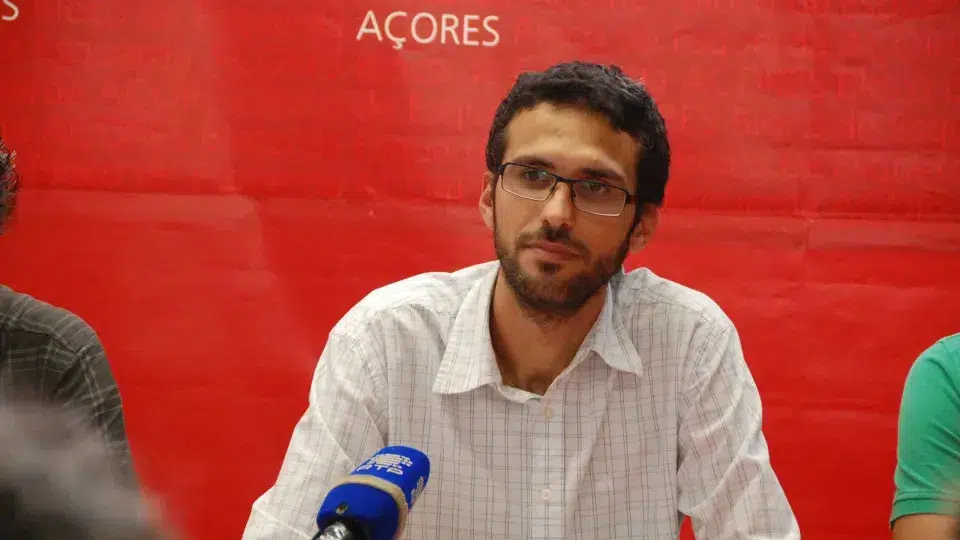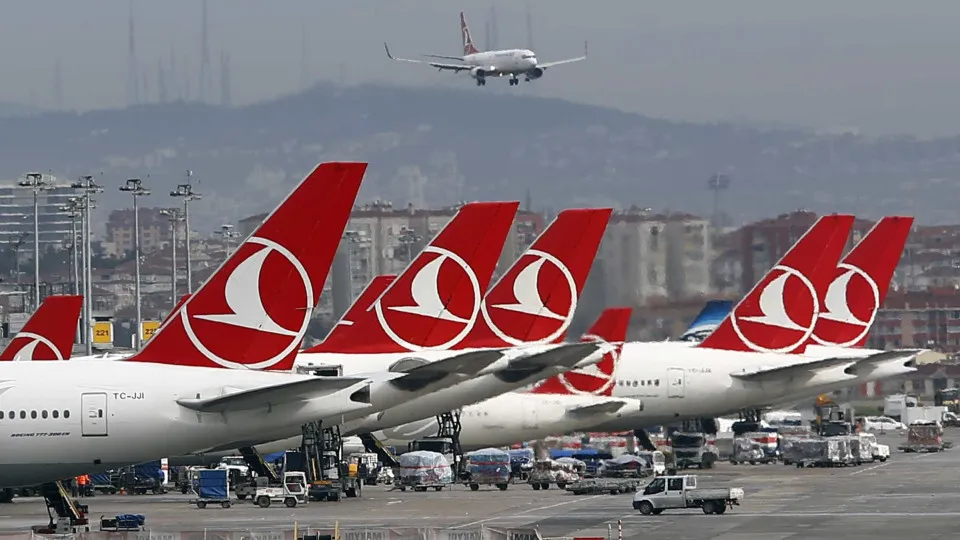
Questioned about the complaints from Angolan activists who claim they were prevented by TAP from traveling to Cape Verde due to allegedly lacking an AIMA authorization, Montenegro stated he was unaware of specific cases but emphasized that the existing rules aim to create “a favorable environment for interaction between Portuguese-speaking countries and Portugal.”
“It aligns with a broader strategy of having more regulated immigration, while at the same time allowing for greater dignity in reception and integration,” the Prime Minister told journalists upon arriving in Luanda for the 7th African Union-European Union Summit.
Montenegro highlighted that the Angolan community residing in Portugal is “massively well integrated,” maintaining “perfectly normal relations” with the entire community “without any issues.”
He also noted that there are “open channels” in sectors with labor shortages to allow for even faster procedural handling.
Regarding international transit situations, such as airport stopovers, Montenegro stated that these rules “are not the focus of migration policy, which is the core of the relationship between the State of Portugal and the State of Angola,” but indicated that there “are also specific regulations” in place.
He further emphasized that “this flow is regulated, well-regulated, and provides guarantees to Angolan citizens who want to go to Portugal, as well as in the opposite direction.”
A group of Angolan activists reported being prevented, on Friday, from boarding a TAP flight to Cape Verde via Lisbon, allegedly due to a lack of authorization issued by the Agency for Integration, Migration, and Asylum (AIMA).
The young activists questioned this requirement, while TAP responded to Lusa that it only complies “with the instructions of the competent authorities,” without further details.




